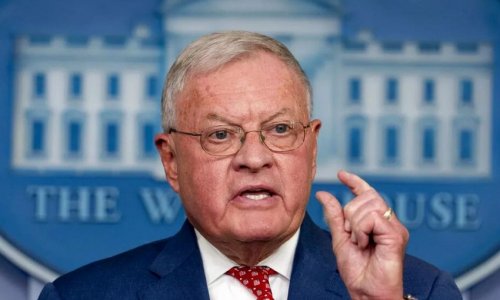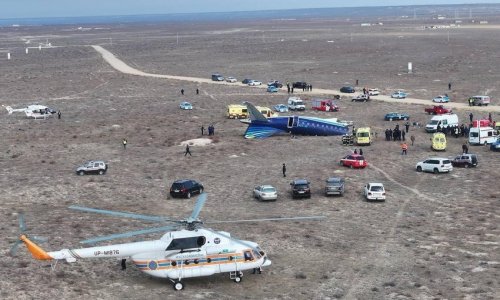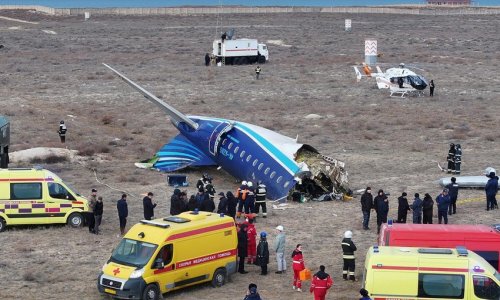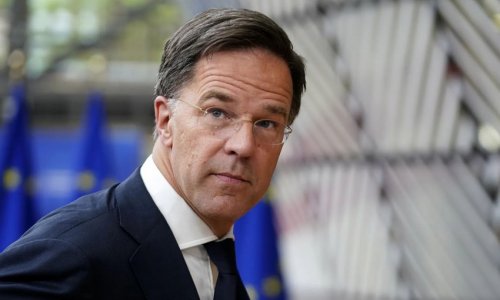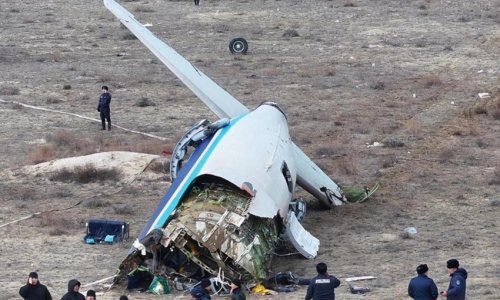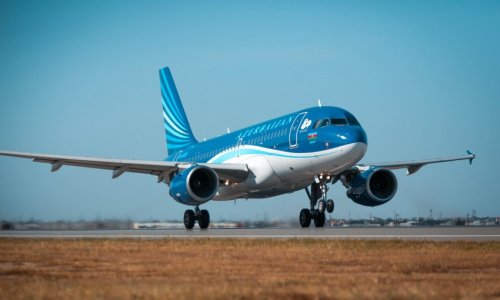Armed men have raised flags over government buildings declaring "Crimea is Russia", while separatist and pro-Ukrainian groups have clashed with each other in the streets.Crimea is a centre of pro-Russian sentiment, which can spill into separatism. The region - a peninsula on Ukraine's Black Sea coast - has 2.3 million inhabitants, most of whom identify themselves as ethnic Russians and speak Russian.The region voted heavily for Viktor Yanukovych in the 2010 presidential election, and many people there believe he is the victim of a coup - leading to attempts by separatists in Crimea's parliament to push for a vote on whether it should leave Ukraine.Map: Ukraine's political and linguistic divideIs Crimea truly Ukrainian?Russia has been the dominant power in Crimea for most of the past 200 years, since it annexed the region in 1783. However, it was transferred by Moscow to Ukraine - then part of the Soviet Union - in 1954. Some ethnic Russians see that as a historical wrong.However, another significant minority, the Muslim Crimean Tatars, point out that they were once the majority in Ukraine, and were deported in large numbers by Soviet leader Joseph Stalin in 1944 for alleged collaboration with Nazi invaders in World War Two.Ethnic Ukrainians made up 24% of the population in Crimea according to the 2001 census, compared with 58% Russians and 12% Tatars.Tatars have been returning since the collapse of the Soviet Union in 1991 - causing persistent tensions with Russians over land rights.What's its legal status?It remains legally part of Ukraine - a status that Russia backed when pledging to uphold the territorial integrity of Ukraine in a memorandum signed in 1994, also signed by the US, UK and France.It is an autonomous republic within Ukraine, electing its own parliament. However, the post of Crimean president was abolished in 1995, shortly after a pro-Russian Crimean separatist won the post with a big majority. It now has a presidential representative, and a prime minister, but both are appointed by Kiev.What could Russia do?Russia keeps a major naval base in the Crimean city of Sevastopol, where its Black Sea Fleet is based. Some Ukrainians are therefore nervous about Russia's military might being brought to bear.The lease stipulates that Russian personnel should not take military equipment or vehicles outside the base area without Ukrainian permission. Olexander Turchynov, Ukraine's acting president, warned that any move by Russian troops off of their base in Crimea "will be considered a military aggression".There are reports of Russian envoys distributing Russian passports in the peninsula. Russia's defence laws allow military action overseas to "protect Russian citizens". This has sparked fears of Russia using this as a pretext for invasion.Has that happened before?Russia used a similar justification for sending troops into Georgia's breakaway region of South Ossetia in 2008, routing Georgian forces which had tried to take back control.As with Georgia, Moscow resents what it sees as EU and Nato overtures to Ukraine. And after all, Nato decided not to come to Georgia's defence.But Crimea is bigger than South Ossetia, Ukraine bigger than Georgia, and the Crimean population more divided than in pro-Russian South Ossetia - making Russian intervention in Ukraine a bigger gamble.Crimea has been fought over - and changed hands - many times in its history.The occasion many will have heard of is the Crimean War of 1853-1856, known in Britain for the Siege of Sevastopol, the Charge of the Light Brigade, and the medical advances made by Florence Nightingale and Mary Seacole.The war was a result of rival imperial ambitions, when Britain and France, suspicious of Russian ambitions in the Balkans as the Ottoman Empire declined, sent troops to Crimea to peg them back. Russia lost.(BBC)ANN.Az
What is so dangerous about Crimea?
World
18:31 | 28.02.2014
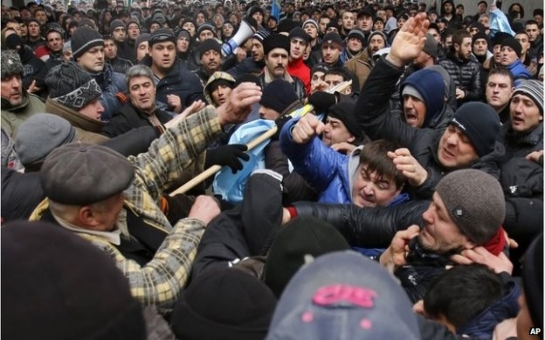
What is so dangerous about Crimea?
In the aftermath of the revolution in Ukraine - in which pro-Western and nationalist Ukrainians have taken power after the fall of President Viktor Yanukovych - there are fears that the southern region of Crimea could become a battleground between forces loyal to Ukraine and Russia.
Follow us !

